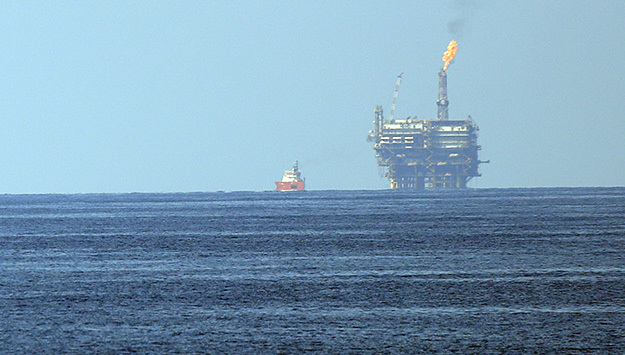
Poor gas demand may restrain Eastern Mediterranean production until 2023, GlobalData has warned.
“Major gas fields including Zohr and Tamar have constrained production in light of diminished domestic demand and an unfavourable LNG market,” said GlobalData’s oil and gas analyst Daniel Rogers.
COVID-19 is at the heart of the problems. The pandemic has had an impact on local demand. It also hit LNG spot prices in the first half of the year. The longer-lasting impact of the pandemic has weakened the demand outlook.
GlobalData noted that LNG exports from Egypt had been reduced in April, May and June. Furthermore, forecasts for Israel’s gas sales have been cut.
“The 2020 downturn, combined with the wider economic impact of COVID-19, have significantly reduced the regional demand growth outlook. With Zohr and Leviathan potentially ramping up to capacity and additional volumes coming from Karish, we could see the region’s gas surplus exceeding export capacity for a number of years,” Rogers said.
LNG limits
“This would mean continued production constraints, likely on the major producing fields, though this could be mitigated if partners can agree to re-start the Damietta LNG plant.
“In the short term, the key gas producers in the region – the likes of BP, Eni, Shell, and Delek are facing weakened LNG spot prices and gas production curtailments.”
In the longer term, he said, “the lack of active LNG export capacity and muted domestic consumption could prove problematic for recent entrant Chevron and Israeli focused Energean”.
Eni, reporting its third quarter results, noted lower gas demand had an impact on production in Egypt.
Running counter to GlobalData’s thesis, though, is Delek Drilling. Delek, announcing its second quarter results at the end of August, reported a “significant increase in demand for natural gas” in comments on its Israeli business.
On the company’s conference call, executives said demand was returning to levels seen at the beginning of the year.

